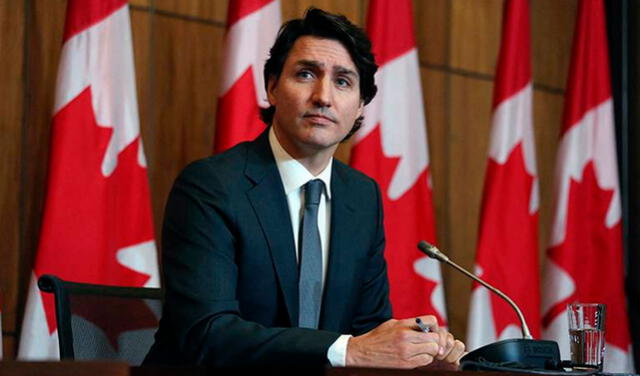
Prime Minister Justin Trudeau has acknowledged that critical minerals in Canada needed to power the clean energy revolution will be more expensive than those produced in China because Canada does not use “slave labour”. Speaking to the Council on Foreign Relations, Trudeau emphasized the importance of democracies trading with like-minded countries that share their values and do not use authoritarian regimes like China as acceptable partners. Although he did not advocate for modern trade agreements to single out or punish bad actors like China, he suggested they should enshrine environmental and labor standards that exclude authoritarian regimes. Trudeau argued that the pandemic had demonstrated that resilience, redundancy, and reliability in supply chains were essential for the future, and they would be more important for core items like lithium.
Trudeau acknowledged that China had made “very strategic choices” over the past decades that have made it a disruptive global power. However, he believes that Canada can still compete with China, and he pointed to Volkswagen’s recent decision to choose Canada over other North American jurisdictions for its giant new electric vehicle battery plant. Trudeau suggested that VW made this decision not only because of the Canadian government’s promise of tax credits and subsidies but also because of Canada’s education, health care, child care, and immigration programs, as well as the country’s commitment to work “in partnership with Indigenous Peoples, paying fair living wages and expecting security and safety standards.”
Trudeau used the term “forced labor” in his prepared remarks and spoke about how globalized trade has brought prosperity to many Western democracies at a cost to populations in countries that were the source of low-priced goods and cheap labor. He also highlighted how Canada and the US have condemned China’s use of forced labor camps in Xinjiang. Former Canadian ambassador Guy Saint-Jacques supported Trudeau’s use of the word “slave labor,” stating that China has a history of using detainees to work in factories with no remuneration and with quotas to meet.
Trudeau faced questions about his willingness to challenge China and his willingness to oppose any Chinese government aggression against Taiwan. He responded that while there was no change in Canada’s “one China” policy, the country would continue to stand for the principles of the rules-based order in international law. The Liberal government is also closely monitoring an unsolicited takeover bid of Vancouver-based Teck Resources, Canada’s largest diversified mining company, by Swiss commodities giant Glencore Plc. The Opposition Conservatives want Ottawa to block any such takeover, using foreign investment review powers that protect assets key to Canada’s national security.